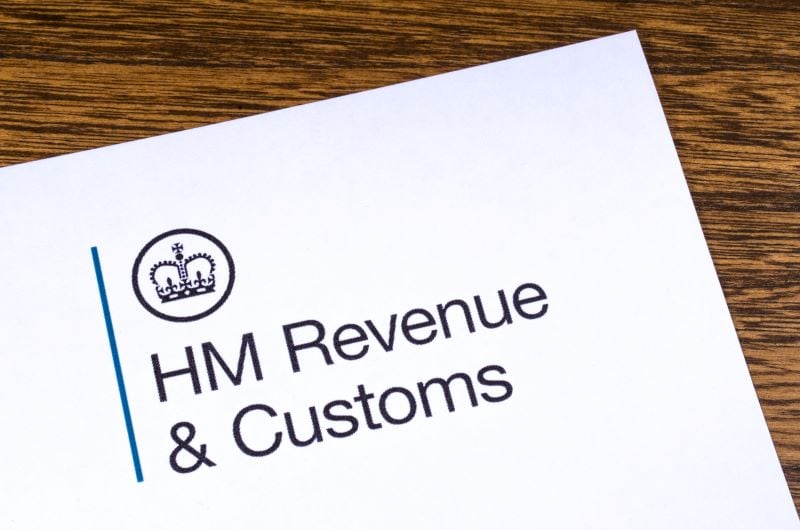HMRC umbrella company ‘checking tool’ looms for workers
Umbrella company consultation response and guidance due from HMRC, as more details come out on Tax Administration and...
READ MORE
The tax penalties imposed by HMRC is back on the rise again, collecting £34 million in September, an increase of 62 per cent following a low of £21 million in May.

HMRC suspended tax investigations during the start of the lockdown as it shifted many of its investigations staff into helping taxpayers with emergency coronavirus assistance – such as deferrals of tax and the introduction of the furlough scheme, which resulted in a slump in penalties being imposed on taxpayers for underpayment or late payment of taxes, according to UHY Hacker Young.
Due to the drop off in HMRC’s normal investigation work, the total amount taken in from penalties fell 36 per cent from £730 million to £468 million in the year to 30 September 2020.
Further increases in penalties are likely as HMRC shifts more of its staff back to compliance work and steps up investigations into the misuse of the government’s support schemes, such as the furlough scheme, during the pandemic.
Penalties can rise to as much as 100 per cent of the amount of tax HMRC believes it is owed, depending on whether mistakes resulted from careless or deliberate behaviour by taxpayers, with deliberate mistakes carrying the highest penalty amounts.
Sean Glancy, VAT partner at UHY Hacker Young’s London office, said the lull in HMRC investigations is largely over.
“Many accountancy firms are already reporting an increase in HMRC enquiries so if you do have tax that you have avoided or evaded then now is the time to come forward,” he said.
Mr Glancy noted that one obvious area of investigations for HMRC in the next year is going to be furlough fraud.
“The first deadline on amnesty for businesses that overclaimed furlough payments ended on October 20 and HMRC have so far identified 27,000 high risk cases,” he explained.
“Businesses that have not come forward under the furlough amnesty should be braced for HMRC to impose the highest penalties that it can.
“This is exactly the kind of area that HMRC will deliberately impose tough penalties to create a deterrent effect.”